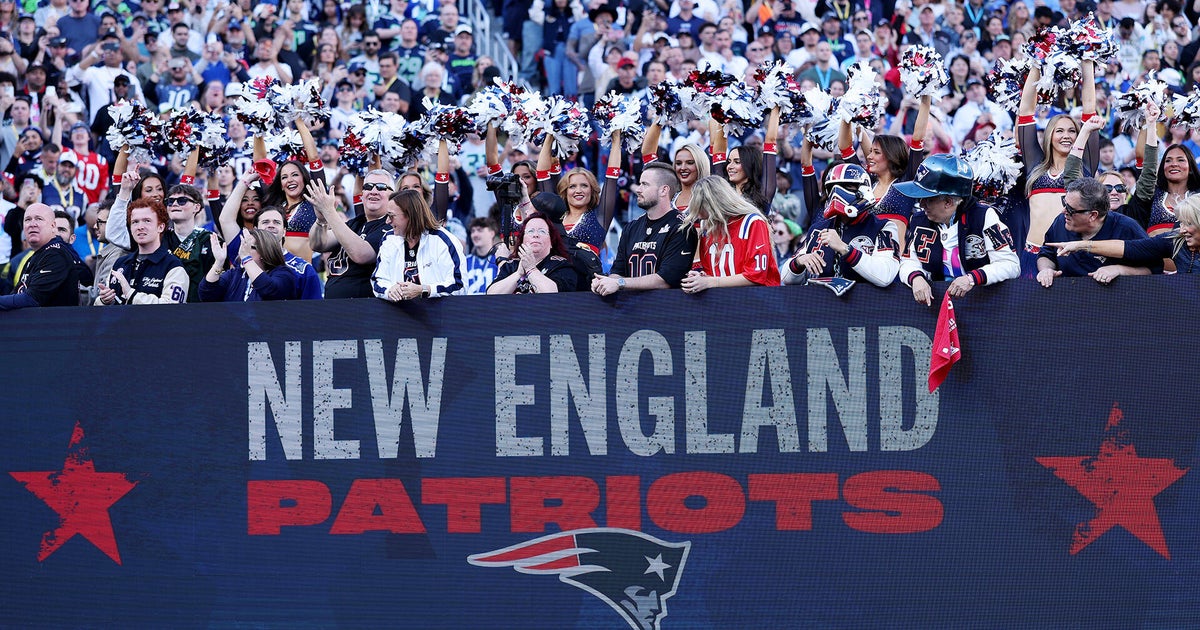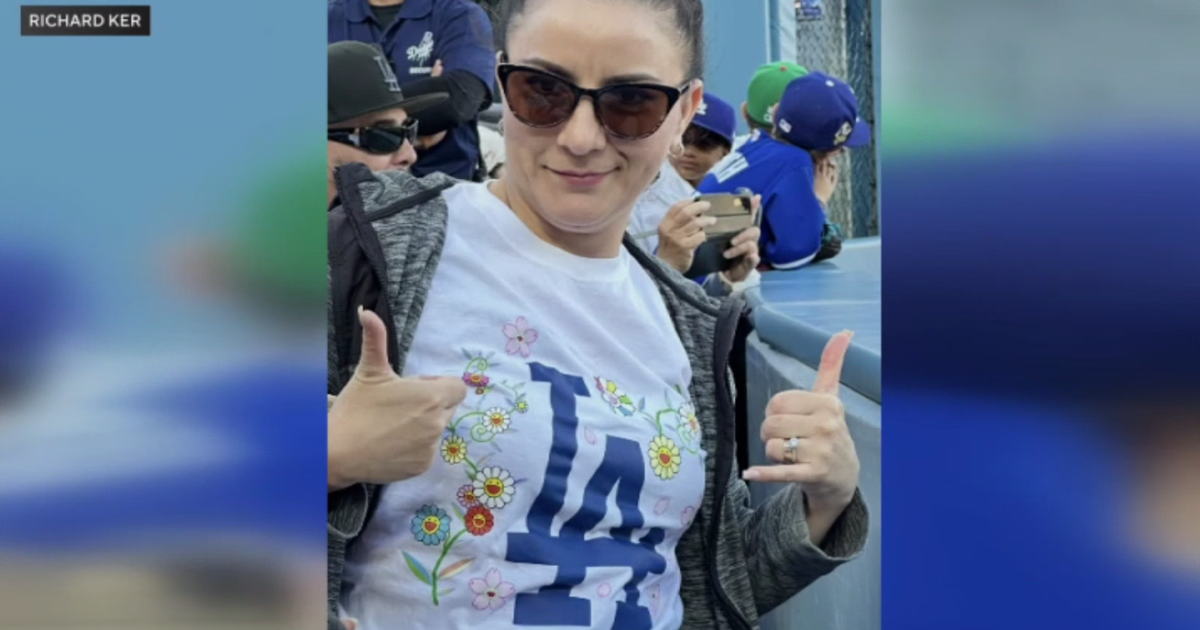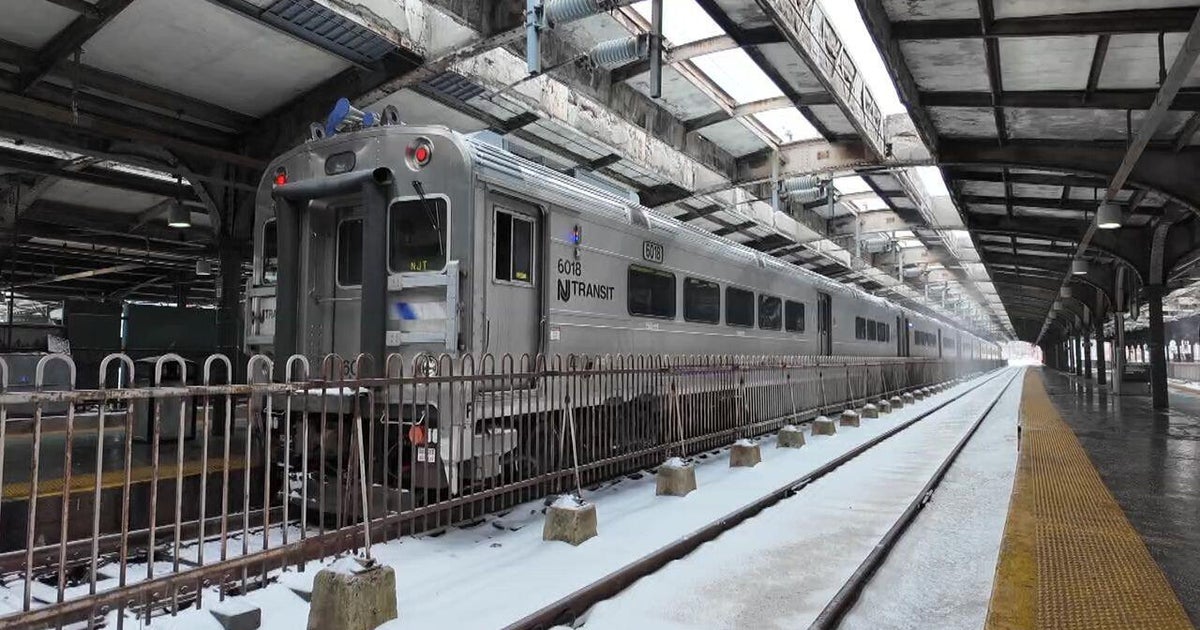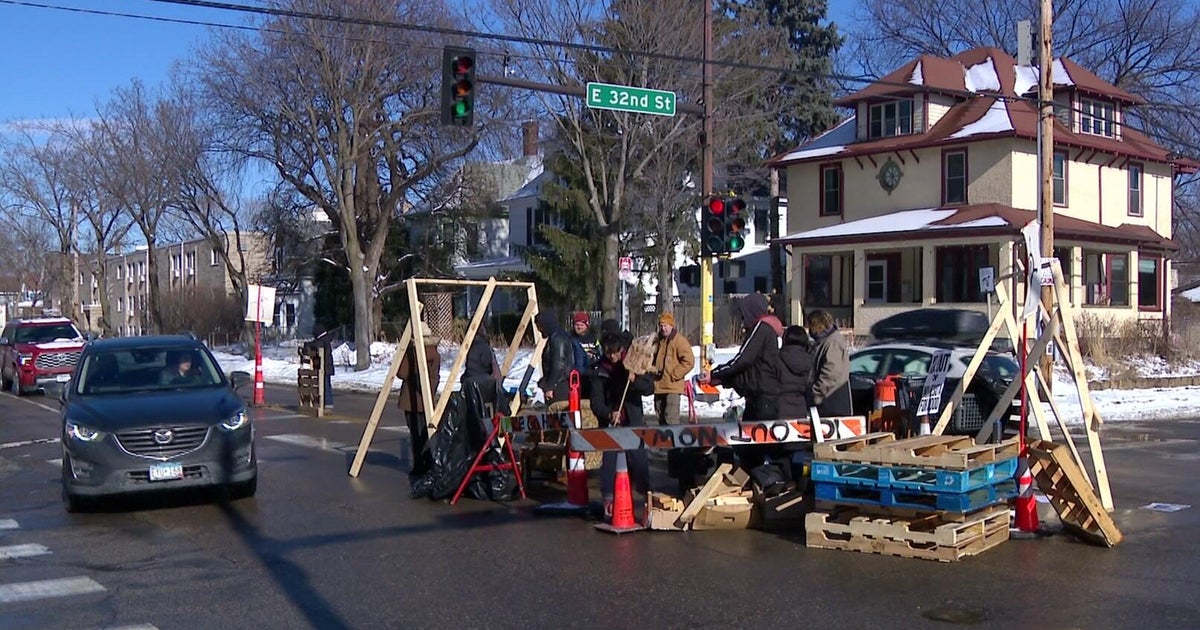Breakthrough Procedure Reverses Vision Loss
NEW YORK (CBS 2) -- For people experiencing vision loss from macular degeneration, there is new hope.
A breakthrough procedure is reversing the damage of the illness, the leading cause of vision loss in people over 60. While previous treatments simply slowed the disease from progressing, a new telescope can help recover vision that is already lost.
For years, patient George Klotz had to rely on his wife, Liz, for almost everything because he was legally blind from having macular degeneration, which causes blindness in the center of your field of vision, making tasks like reading and driving impossible.
"She had to read all my mail," said Klotz. "It was a terrible experience."
As part of a clinical trial, Klotz had a tiny telescope implanted in the eye with the worst vision. The telescope magnifies vision in one eye, while the other is left to give peripheral vision.
"It is not the same as going back to 20/20. This is not vision typically going to end up in driving vision, but it does allow them to improve the quality of their lives," said ophthalmologist, Dr. Barry Kupperman.
The telescope isn't for everyone, however. Even though 15 million Americans are suffering with macular degeneration right now, some people have trouble adjusting to it and it can't be used if you've already had cataract surgery.
It worked for Klotz. He remembers the emotions of his first meal after surgery.
"That's the first time I could see my wife and all three daughters across the table after having the telescope put in," said Klotz as he choked up.
Meanwhile, the procedure is not yet covered by Medicare. Currently, the telescope alone costs 15 thousand dollars and that's not including the surgery and after care.
The new device is ideal for people 75 and older who have blind spots and severe, end-stage macular degeneration.
Also, the telescope does have some risks. The Food and Drug administration warns it can injure the cornea, which could result in other vision problems.







